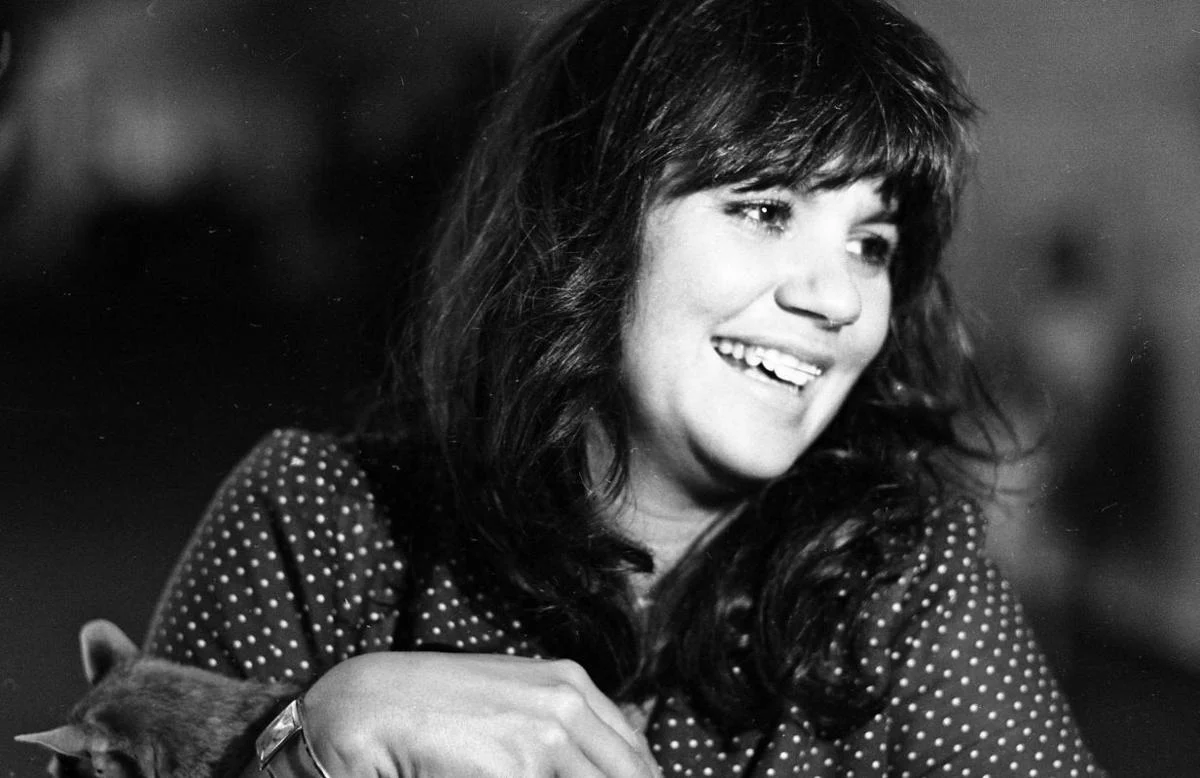
A Lonesome Cry for Home That Echoes Through the Still Waters of Memory
When Linda Ronstadt released “Blue Bayou” in 1977, nestled within the platinum folds of her seminal album Simple Dreams, she gifted the world more than a cover—it was a revival, a reinvention, and a masterstroke of emotional clarity. Her rendition soared to No. 3 on the Billboard Hot 100 and dominated the Country and Easy Listening charts, cementing her status not only as one of rock’s most versatile voices but also as an interpreter capable of imbuing every syllable with yearning so vivid it feels like shared memory. Originally penned by Roy Orbison and Joe Melson in 1961, “Blue Bayou” had already carved its own legacy in Orbison’s tremulous tenor. But in Ronstadt’s voice, the song found new life—a female voice embodying its melancholy core with incandescent vulnerability.
At its heart, “Blue Bayou” is less a place than a state of mind—an aching invocation of simpler times, cloaked in the dreamlike gauze of nostalgia. The lyrics are deceptively simple: a woman dreams of returning to a pastoral paradise where “you sleep all day and the catfish play,” where lost love can be reclaimed and life reverts to a gentler rhythm. But beneath these idyllic images simmers the profound ache of dislocation—not merely from place, but from emotional anchorage. It is a ballad for anyone who has longed not just for someone or somewhere, but for the feeling that once lived there.
Ronstadt’s interpretation elevates this sentiment to operatic heights. Her phrasing is deliberate yet unforced; each note carries the weight of unshed tears and unspoken regrets. She infuses Orbison’s original sadness with her own brand of feminine resilience—a delicate balance between surrender and strength. The instrumentation, too, wraps her voice in soft layers: shimmering acoustic guitars, subdued percussion, and just enough slide guitar to evoke moonlight rippling over water. It isn’t country, not quite pop—it’s something more elemental. Americana distilled into sound.
What makes Ronstadt’s “Blue Bayou” endure isn’t simply its technical perfection or chart success—it’s the universal longing it evokes. In an era defined by upheaval and transformation—the late ’70s churning with post-Vietnam disillusionment and economic uncertainty—the song offered a gentle retreat into memory, a lullaby for grown-ups aching for sanctuary. And that ache? It never quite leaves us. Whether you grew up hearing it on AM radio or discovered it later in dusty vinyl sleeves, Ronstadt’s voice beckons us back—not just to a bayou that may never have existed, but to some small corner of ourselves where innocence still waits.
In the end, “Blue Bayou” is not about escape—it’s about reconciliation: with our pasts, our losses, and the selves we’ve left behind along the riverbanks of time.